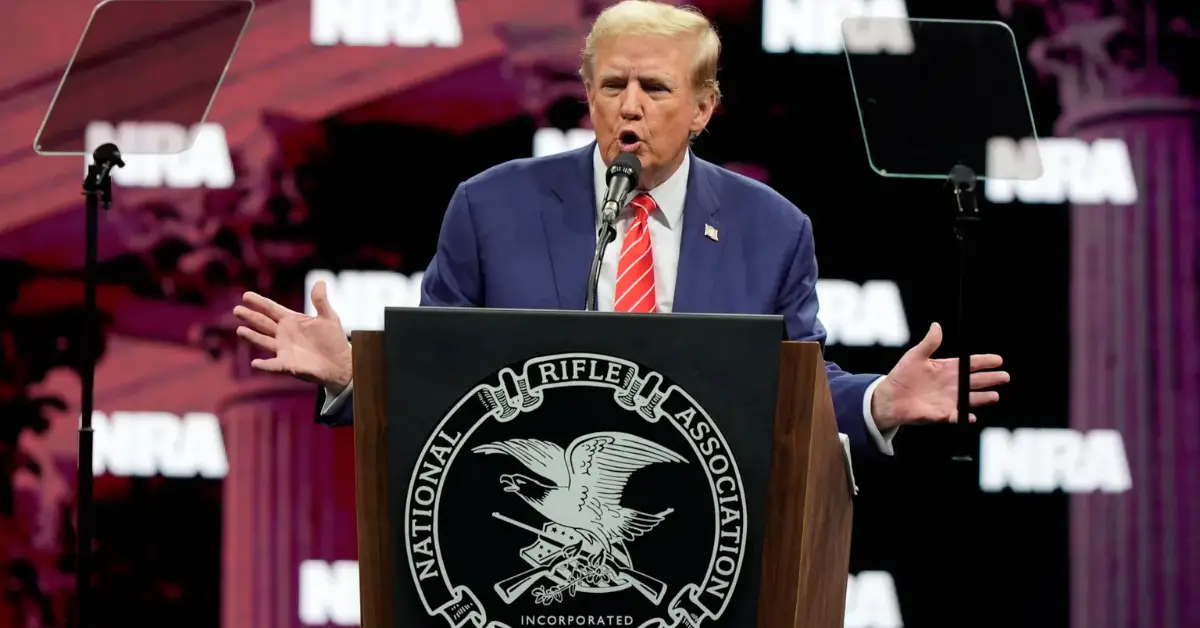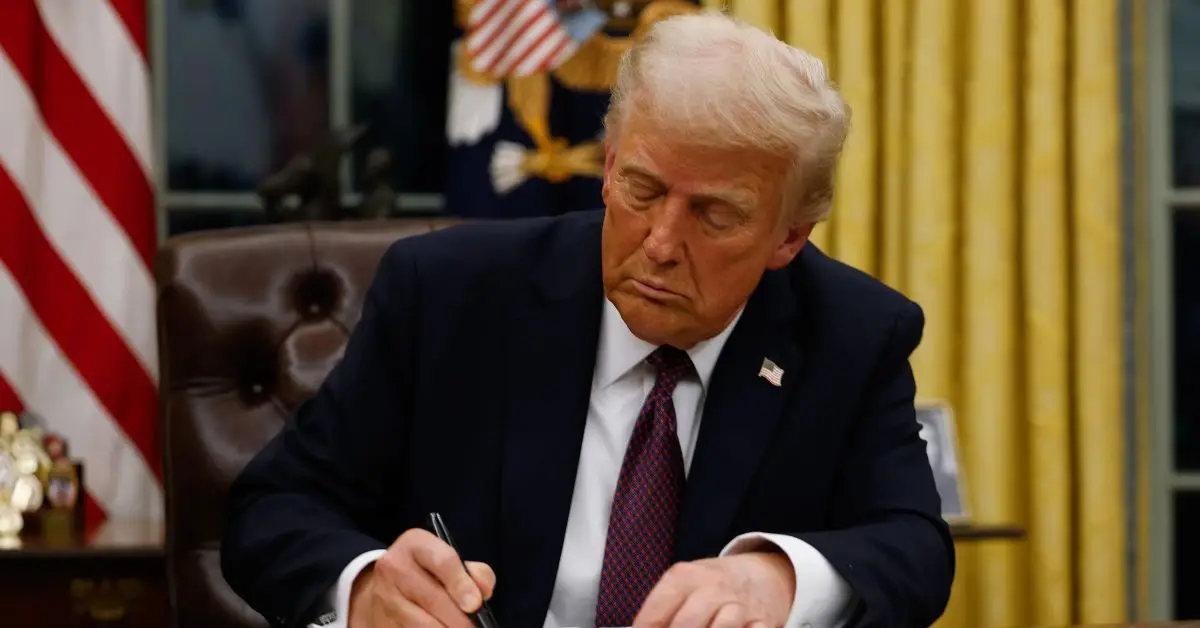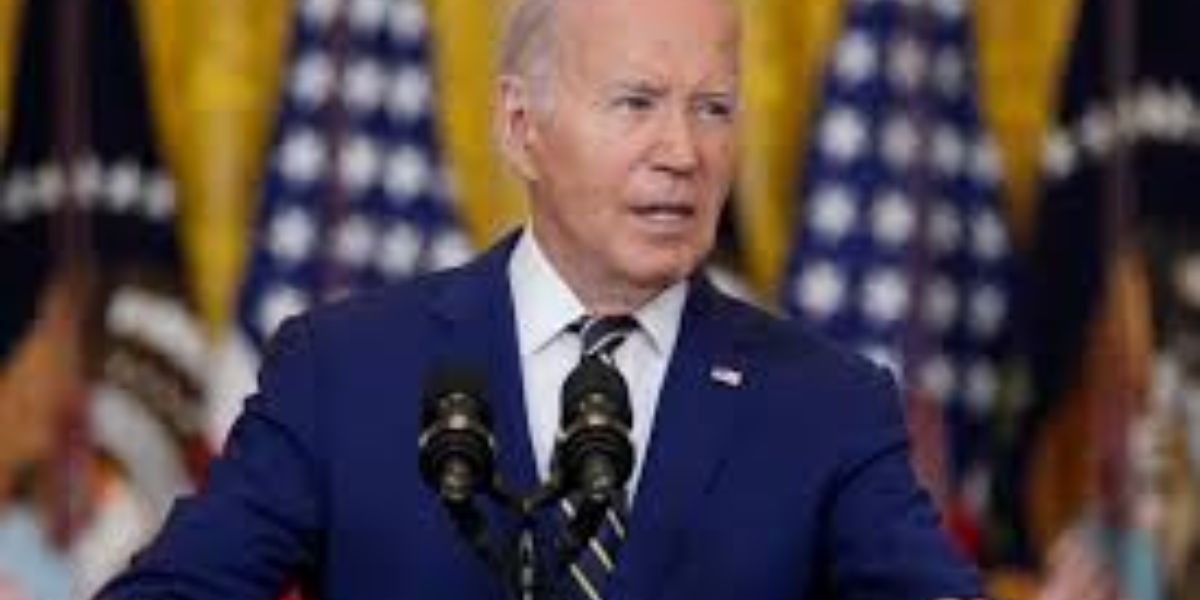U.S. President Donald Trump has seen a significant decline in his approval ratings, marking a troubling development for his second term in office. A recent Reuters/Ipsos poll, released on Tuesday, revealed the lowest approval rating of Trump’s second term.
According to the survey, only 42 per cent of voters approve of Trump’s performance in office. This is a decrease from 43 per cent just three weeks earlier and a significant drop from the 47 per cent approval rating he enjoyed shortly after his inauguration.
The survey’s results reflect a growing discomfort among Americans with several of Trump’s recent actions. Reuters pointed to specific decisions, such as Trump’s attempts to punish universities he considers too liberal and his controversial move to place himself as the board chair of the Kennedy Centre. Many Americans appear uneasy about these decisions, and this unease is reflected in the poll numbers.
Trump’s approval rating is currently underwater on nearly all major issues. From inflation and immigration to taxation and the rule of law, the public’s approval of his handling of these matters has dipped. Even on immigration—a topic traditionally viewed as one of Trump’s strongest issues—the results are not favorable. While 45 per cent of those polled approved of Trump’s approach to immigration, 46 per cent disapproved, indicating a narrow margin but still a notable shift in public sentiment.
Another striking result from the poll involves public views on the president’s authority and his control over important cultural institutions. A significant 83 per cent of respondents stated that Trump, like any other president, must obey federal court rulings, even if he disagrees with them. This shows a clear expectation that the president should respect the rule of law, which is something many voters feel is not always evident in Trump’s approach.
When it comes to the president’s control over national cultural institutions, such as museums and theatres, the public’s response was even more pronounced. Two-thirds of respondents (66 percent) expressed that they did not believe the president should have control over these premier cultural institutions. This finding highlights a broader concern among Americans about the centralisation of power and the potential for the president to wield excessive influence over cultural and public institutions.
The question of Trump remaining in office beyond his second term—something that is explicitly forbidden by the Constitution—also received significant attention in the poll. A striking 75 per cent of respondents, including 53 per cent of Republicans, stated that Trump should not attempt to stay in office beyond the end of his second term.

This result speaks to concerns about the integrity of the democratic system and the importance of adhering to constitutional limits on presidential power.
This Reuters/Ipsos poll is part of a broader trend observed in the RealClearPolitics average of polling data, which shows that Trump’s approval rating is currently at 46.5%, while his disapproval rating stands at 50.6%.
This negative spread, where the disapproval rating exceeds the approval rating, is a clear indication of growing dissatisfaction with Trump’s performance. The Reuters poll, in particular, presents the most negative spread in recent months, highlighting a significant shift in public opinion.
But the biggest area of concern for Trump seems to be his handling of the economy. According to the poll’s average, Trump’s approval rating on economic issues is -11.5, indicating a clear disapproval of his economic policies.
This negative sentiment is reflected across multiple polls, with Trump’s performance on economic matters underwater in all nine recent polls included in the RealClearPolitics average. Even The Daily Mail’s poll, which has traditionally been more favourable to Trump, shows a negative spread of -10 on his handling of the economy.
Trump’s economic performance is a key factor in his overall approval rating, and the results indicate that his handling of economic issues is a major source of public dissatisfaction. Given that the economy is a crucial issue for voters, this could spell trouble for Trump as he continues his second term.
His disapproval on economic issues is likely to weigh heavily on his overall approval, especially as Americans continue to feel the effects of inflation, rising costs, and other economic pressures.
At this point, the question must be asked: Can Trump’s approval ratings improve? For his ratings to improve, Trump would likely need to strike major trade deals with countries such as China, offering highly favourable terms.
Additionally, it would be beneficial if the U.S. economy were to recover quickly and avoid a recession. If the economy were to return to strong growth, it could boost Trump’s approval. However, this would require Trump to stop pushing the Federal Reserve to lower interest rates and reconsider his stance on removing Federal Reserve Chairman Jerome Powell, a position that has raised concerns among economists and investors alike.
Despite these possibilities, it seems unlikely that Trump’s approval ratings will improve significantly in the short term. As political analysts have observed, approval ratings tend to decline throughout a presidency. Presidents typically experience a honeymoon period in the first months of their terms, but this period tends to sour as their policies begin to take effect and their decisions face greater scrutiny. This is a pattern observed in many presidencies, and Trump’s situation appears to be following a similar trajectory.
For example, President Joe Biden had an approval rating of 57 per cent around his 100th day in office, similar to where Trump stands now. However, Biden’s approval dropped to 43 per cent by September, largely due to the resurgence of COVID-19 and the chaotic withdrawal from Afghanistan. This shows how quickly a president’s approval can decline as challenges and crises unfold.
With more than three years remaining in his second term, Trump still has a long way to go. However, the current polling trends do not look promising for the president. If history is any guide, his approval ratings may continue to decline as his presidency progresses. The public’s growing dissatisfaction with his policies, particularly on economic matters, could pose serious challenges for Trump as he navigates the remainder of his time in office.
Trump’s presidency is far from over, but with these recent poll results, it’s clear that the walls are starting to close in on him. The public’s increasing disapproval of his performance on key issues could make the path ahead much more difficult for the president.
Disclaimer: This article has been meticulously fact-checked by our team to ensure accuracy and uphold transparency. We strive to deliver trustworthy and dependable content to our readers.




